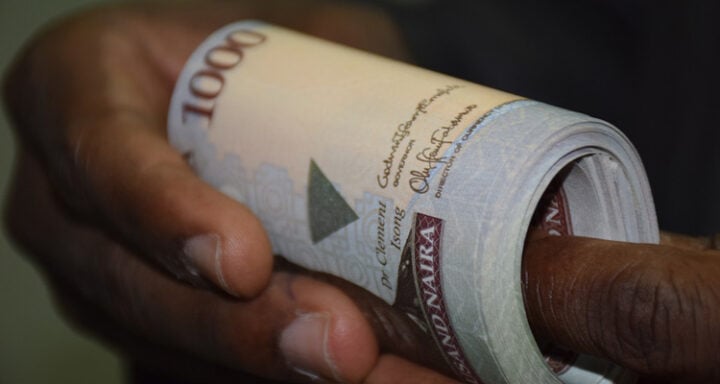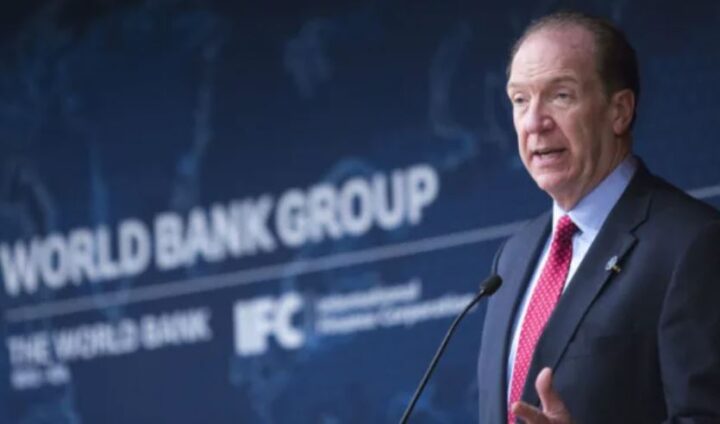The Central Bank of Nigeria (CBN), on Tuesday, imposed limits on weekly cash withdrawals by individuals and corporate entities.
The new policy will take effect on January 9, 2023.
It is aimed at reducing the amount of physical cash circulating in the economy and encouraging more electronic-based transactions.
The CBN also vowed to impose severe sanctions on banks and other financial institutions aiding and abetting the circumvention of the policy.
Advertisement
The development comes two weeks after the launch of the redesigned N200, N500 and N1,000 naira notes by President Muhammadu Buhari.
Below are 10 things to know about the new policy.
- Over-the-counter cash withdrawal by individuals and organisations per week is now reduced to a maximum of N100,000 and N500,000, respectively.
- Third-party cheques above N50,000 will not be eligible for payment over the counter.
- The existing limit of N10 million on clearing cheques still subsists.
- Cash withdrawal via automated teller machine (ATM) is limited to a maximum of N20,000 daily, while the weekly limit is N100,000.
- Only naira denominations of N200 and below will be available at ATMs.
- Maximum withdrawal from the point of sale (PoS) terminals will be N20,000 daily.
- Once a month, the CBN says it will allow individuals and organisations to make cash withdrawals above the prescribed limits if it is required for legitimate purposes.
- The “special” cash withdrawals cannot exceed N5 million and N10 million for individuals and organisations, respectively.
- Individuals will be required to pay a processing fee of five percent for cash withdrawals above the prescribed limits while organisations will pay 10 percent.
- For cash withdrawals above the specified limits, banks are required to do due diligence and request documents such as the bank verification number (BVN) of the payee, and valid means of identification of the payee, among others.
Advertisement
Add a comment






